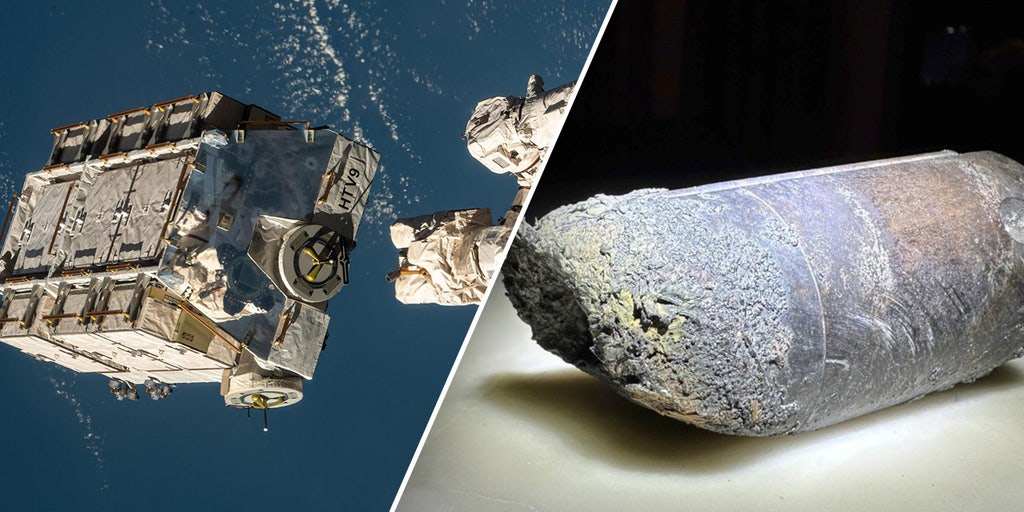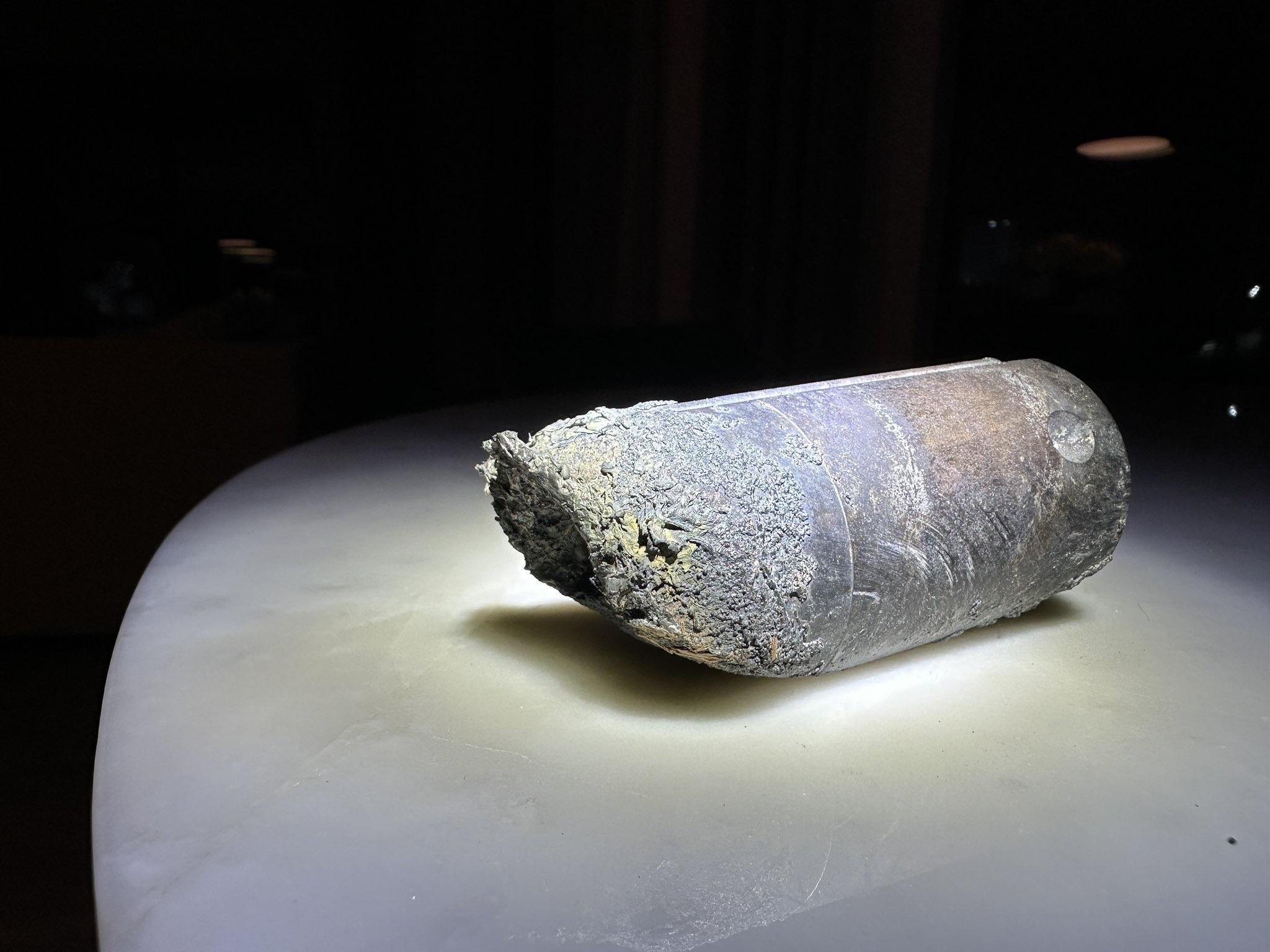A family in Florida is seeking compensation from NASA after space debris crashed into their home earlier this year. Alejandro Otero and his family have filed a claim to recover damages following the incident, which saw a piece of space debris tearing through their house, according to a news release from Mica Nguyen Worthy, a Charlotte, North Carolina-based attorney representing the family.

Unexpected Crash: Space Debris Hits Home
The incident occurred on March 8 when Alejandro Otero’s son, Daniel, was at home. A nearly two-pound cylindrical object, confirmed by NASA to be part of a jettisoned pallet of used batteries from the International Space Station, crashed into the Oteros’ home in Naples, Florida. The debris left a sizable hole from the roof through the sub-flooring, causing significant damage. Naples, located about 30 miles south of Fort Myers on the Gulf Coast, was the unexpected landing site for this space debris.
Legal Claims and Compensation
The Oteros, with the help of their attorney Worthy, have navigated the complex insurance and legal processes to file a formal claim against NASA. The claim, submitted under the Federal Torts Claim Act, includes non-insured property damage loss, business interruption damages, emotional and mental anguish damages, and costs for assistance from third parties. Although the exact amount of the claim was not specified in the release, the Washington Post reported that the family is seeking more than $80,000 in damages.
Worthy emphasized the severity of space debris as a growing issue due to increased space traffic in recent years. She noted that this claim is “historical” because it represents a real-life example of the consequences of space debris surviving reentry and impacting the Earth’s surface.
Addressing the Space Debris Threat
NASA has six months to respond to the Oteros’ claim. How they respond will be critical in shaping the legal landscape for future space debris incidents. Worthy stated, “This space debris claim is historical in that it involves a ‘real-life example’ of the consequences of space debris surviving to the Earth’s surface. How NASA responds to her claim will form the foundation upon which the legal landscape in this field will be built.”
Worthy also expressed relief that no physical injuries were sustained during the incident, though she acknowledged the potential for catastrophic outcomes if the debris had landed slightly differently. “If the debris had hit a few feet in another direction, there could have been serious injury or a fatality,” she noted.

NASA’s release of the aging nickel hydride batteries from the Space Station in 2021 involved using the station’s robotic arm to dispose of a cargo pallet weighing around 5,800 pounds. The plan was for the hardware to burn up during reentry into the Earth’s atmosphere. However, a part of it failed to incinerate and instead crashed into the Oteros’ home.
